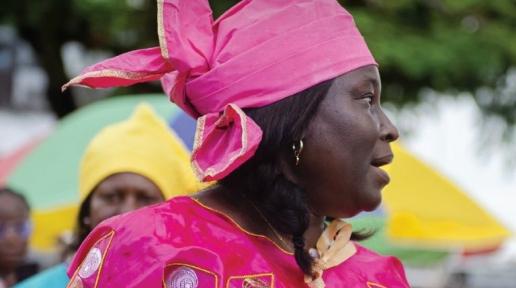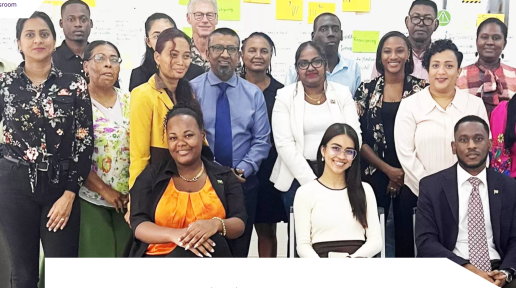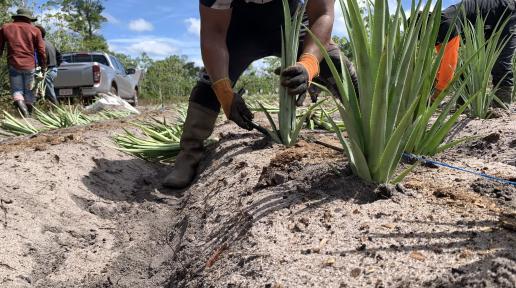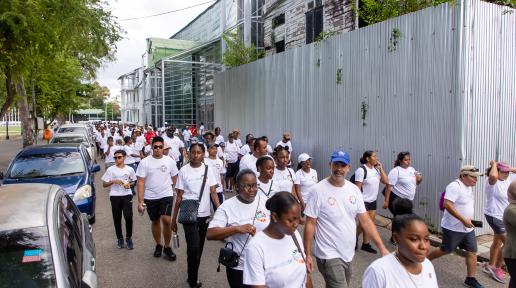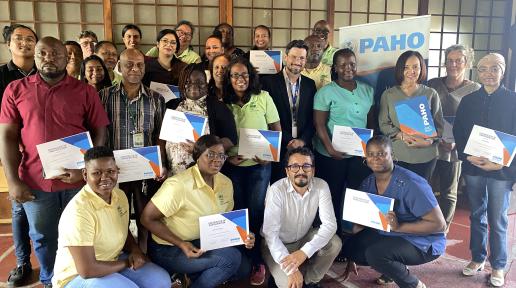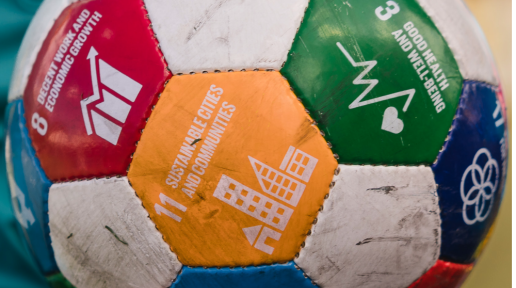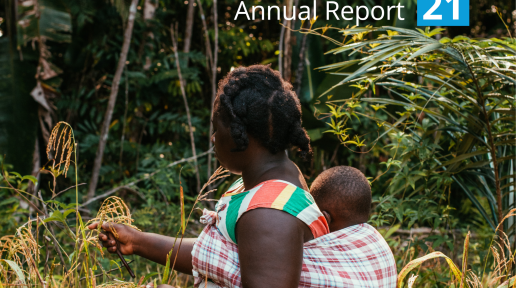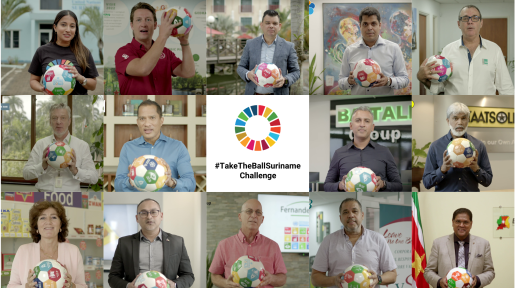Partnerships for the Goals
Goal 17 is about revitalizing the global partnership for sustainable development. The 2030 Agenda is universal and calls for action by all countries – developed and developing – to ensure no one is left behind. It requires partnerships between governments, the private sector, and civil society.
The Sustainable Development Goals can only be realized with a strong commitment to global partnership and cooperation to ensure no one is left behind in our journey to development.
However, not all countries are setting off from the same start line, and low and middle income countries are facing a tidal wave of debt which they are treading water.
Developing countries are grappling with an unprecedented rise in external debt levels following the COVID-19 pandemic, compounded by challenges such as record inflation, escalating interest rates, competing priorities and constrained fiscal capacity, underscoring the urgent need for debt relief and financial assistance.
While official development assistance (ODA) flows continue to reach record peaks, the increase in 2022 is primarily attributed to spending on refugees in donor countries and aid to Ukraine.
To be successful, everyone will need to mobilize both existing and additional resources, and developed countries will need to fulfill their official development assistance commitments.
Why?
In light of the consequences of the COVID-19 pandemic, we have seen that strengthening multilateralism and global partnerships are more important than ever if we are to solve the world’s problems.
Why does this matter to me?
We are all in this together. The Agenda, with its 17 goals, is universal and calls for action by all countries, both developed countries and developing countries, to ensure no one is left behind.
How much progress have we made?
Support for implementing the SDGs has been steady but fragile, with major and persistent challenges.
Financial resources remain scarce, trade tensions have been increasing, and crucial data are still lacking.
A growing share of the global population has access to the Internet, and a Technology Bank for Least Developed Countries has been established, yet the digital divide persists.
As partners, what would we need to do to reach this?
We will need to mobilize both existing and additional resources— technology development, financial resources, capacity building— and developed countries will need to fulfill their official development assistance commitments.
Multistakeholder partnerships will be crucial to leverage the inter-linkages between the Sustainable Development Goals to enhance their effectiveness and impact and accelerate progress in achieving the Goals.
How can we ensure the resources needed are effectively mobilized?
This will be primarily the responsibility of countries. Reviews of progress will need to be undertaken regularly in each country, involving civil society, business and representatives of various interest groups. At the regional level, countries will share experiences and tackle common issues, while on an annual basis, at the United Nations, the High-Level Political Forum on Sustainable Development (HLPF), they will take stock of progress at the global level, identifying gaps and emerging issues, and recommending corrective action.
What can we do to help?
Join/create a group in your local community that seeks to mobilize action on the implementation of the SDGs.
Encourage your governments to partner with businesses for the implementation of the SDGs.
Goal 17 Targets
Finance
17.1 Strengthen domestic resource mobilization, including through international support to developing countries, to improve domestic capacity for tax and other revenue collection
17.2 Developed countries to implement fully their official development assistance commitments, including the commitment by many developed countries to achieve the target of 0.7 per cent of ODA/GNI to developing countries and 0.15 to 0.20 per cent of ODA/GNI to least developed countries ODA providers are encouraged to consider setting a target to provide at least 0.20 per cent of ODA/GNI to least developed countries
17.3 Mobilize additional financial resources for developing countries from multiple sources
17.4 Assist developing countries in attaining long-term debt sustainability through coordinated policies aimed at fostering debt financing, debt relief and debt restructuring, as appropriate, and address the external debt of highly indebted poor countries to reduce debt distress
17.5 Adopt and implement investment promotion regimes for least developed countries
Technology
17.6 Enhance North-South, South-South and triangular regional and international cooperation on and access to science, technology and innovation and enhance knowledge sharing on mutually agreed terms, including through improved coordination among existing mechanisms, in particular at the United Nations level, and through a global technology facilitation mechanism
17.7 Promote the development, transfer, dissemination and diffusion of environmentally sound technologies to developing countries on favourable terms, including on concessional and preferential terms, as mutually agreed
17.8 Fully operationalize the technology bank and science, technology and innovation capacity-building mechanism for least developed countries by 2017 and enhance the use of enabling technology, in particular information and communications technology
Capacity building
17.9 Enhance international support for implementing effective and targeted capacity-building in developing countries to support national plans to implement all the sustainable development goals, including through North-South, South-South and triangular cooperation
Trade
17.10 Promote a universal, rules-based, open, non-discriminatory and equitable multilateral trading system under the World Trade Organization, including through the conclusion of negotiations under its Doha Development Agenda
17.11 Significantly increase the exports of developing countries, in particular with a view to doubling the least developed countries’ share of global exports by 2020
17.12 Realize timely implementation of duty-free and quota-free market access on a lasting basis for all least developed countries, consistent with World Trade Organization decisions, including by ensuring that preferential rules of origin applicable to imports from least developed countries are transparent and simple, and contribute to facilitating market access
Systemic issues
Policy and institutional coherence
17.13 Enhance global macroeconomic stability, including through policy coordination and policy coherence
17.14 Enhance policy coherence for sustainable development
17.15 Respect each country’s policy space and leadership to establish and implement policies for poverty eradication and sustainable development
Multi-stakeholder partnerships
17.16 Enhance the global partnership for sustainable development, complemented by multi-stakeholder partnerships that mobilize and share knowledge, expertise, technology and financial resources, to support the achievement of the sustainable development goals in all countries, in particular developing countries
17.17 Encourage and promote effective public, public-private and civil society partnerships, building on the experience and resourcing strategies of partnerships
Data, monitoring and accountability
17.18 By 2020, enhance capacity-building support to developing countries, including for least developed countries and small island developing States, to increase significantly the availability of high-quality, timely and reliable data disaggregated by income, gender, age, race, ethnicity, migratory status, disability, geographic location and other characteristics relevant in national contexts
17.19 By 2030, build on existing initiatives to develop measurements of progress on sustainable development that complement gross domestic product, and support statistical capacity-building in developing countries
Source: UN Sustainable Development

